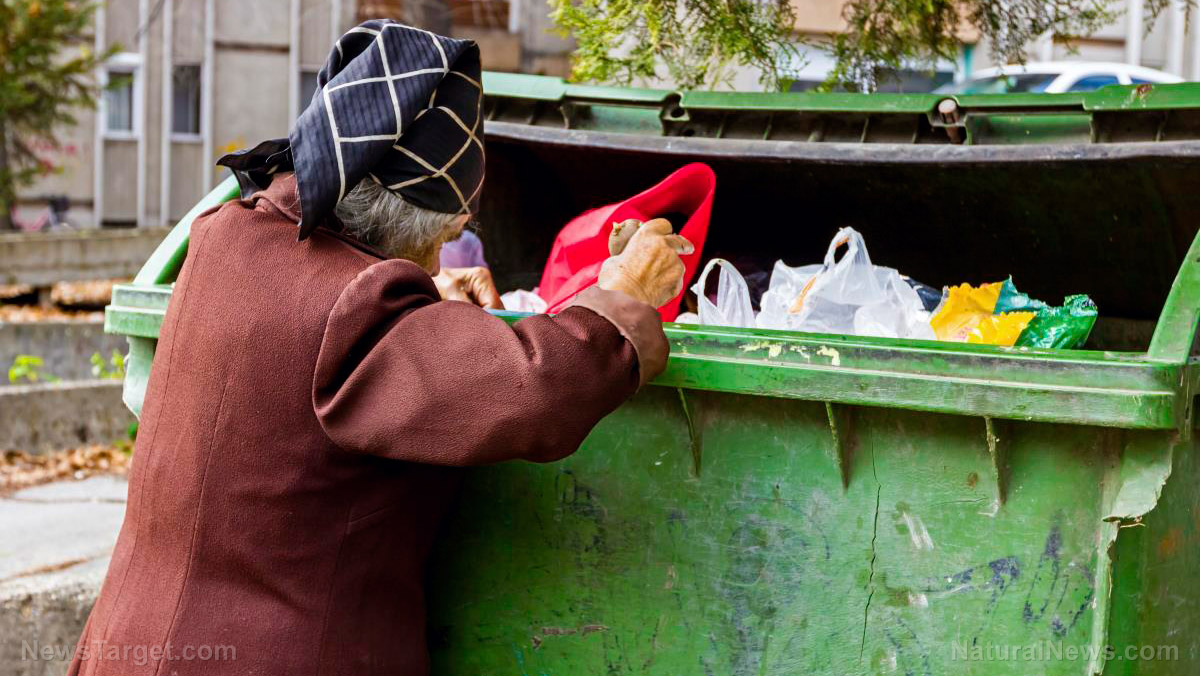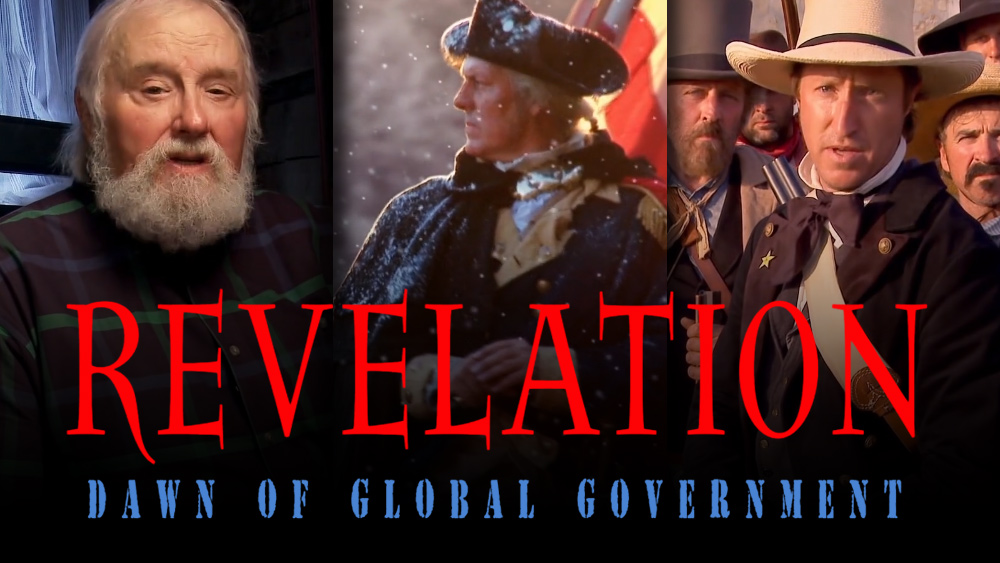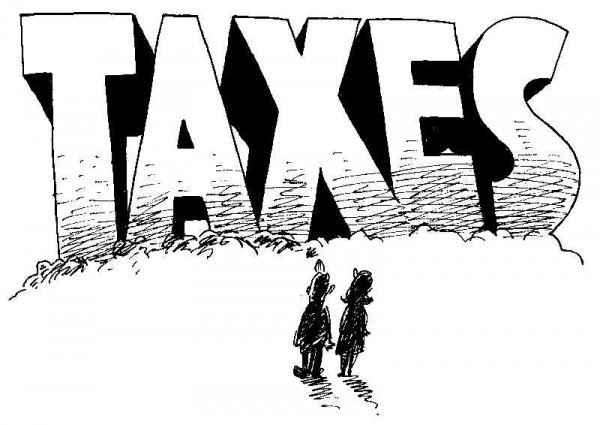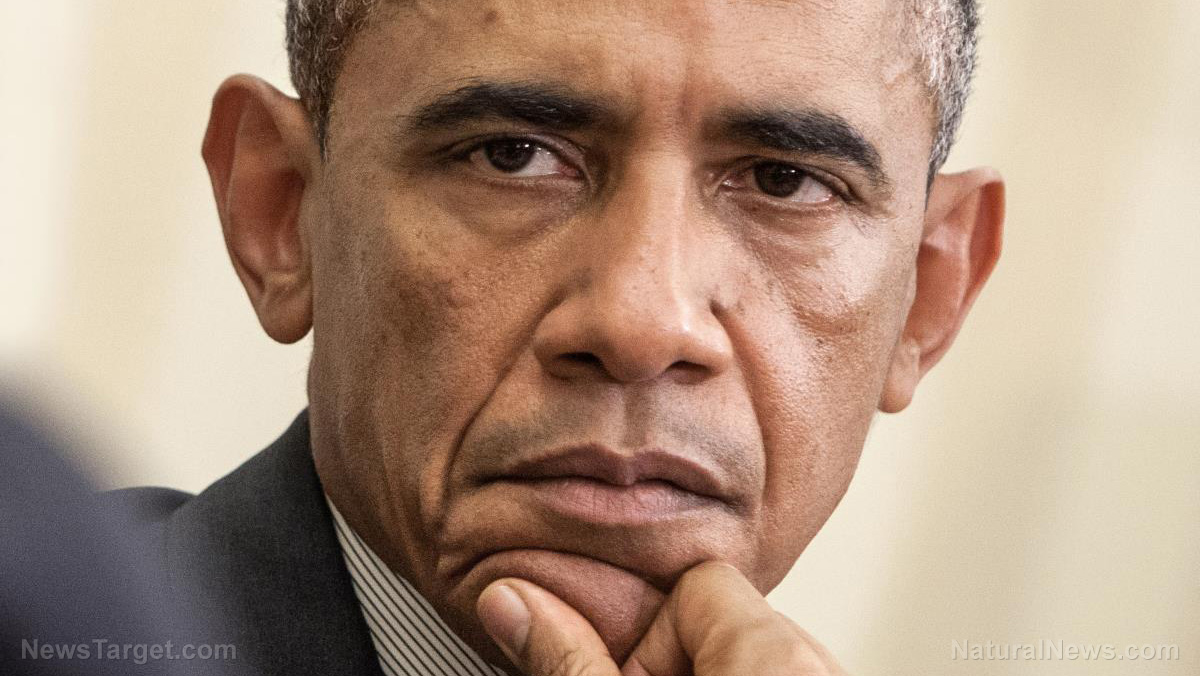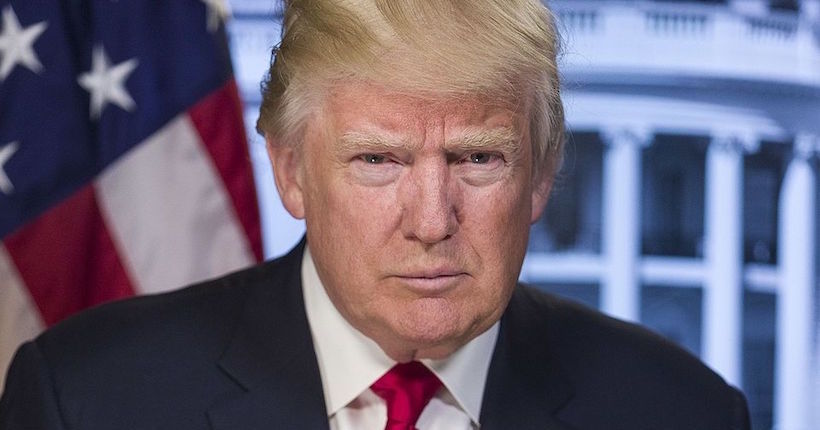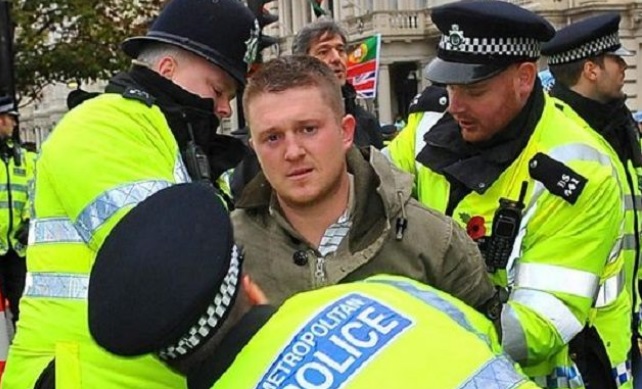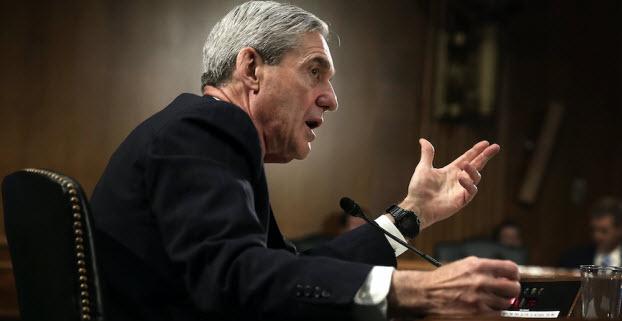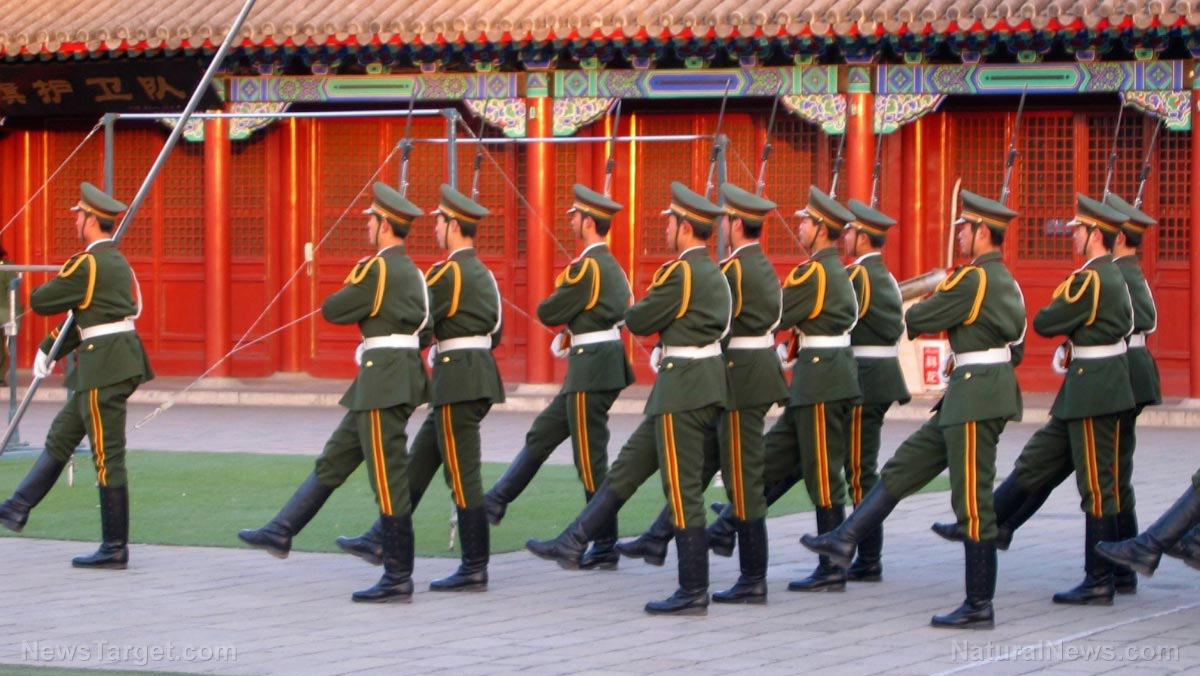ATF Ran Illegal Mixed-Money Slush Fund for Years with Zero Oversight, Auditing, or Punishment
09/16/2017 / By News Editors
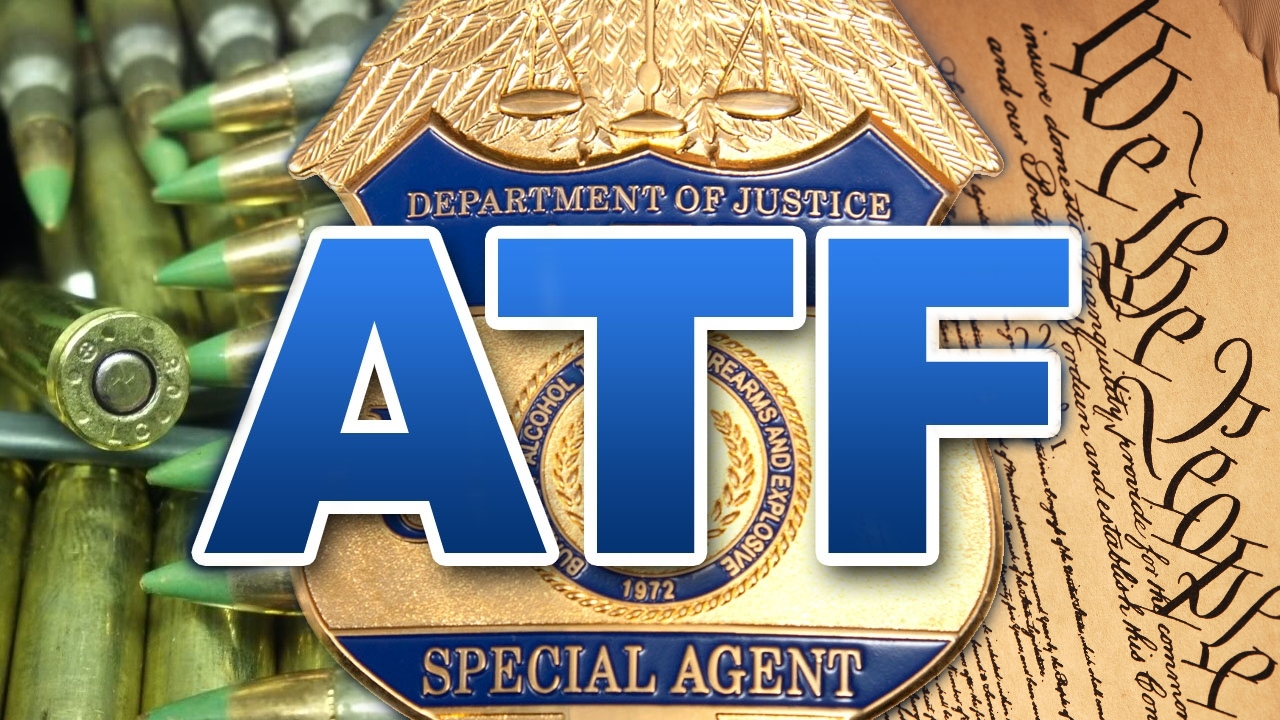
The ATF isn’t restrained by oversight. It’s hardly restrained at all. It’s made a business of fake stash house sting operations, where downtrodden suckers looking for cash are persuaded to rob a ficitonal stash house of its fictional drugs. The problem is the government then bases its charges on the amount of nonexistent drugs sting victims were told the fake stash house contained. In no sting operation was the “amount” of drugs lower than 5 kilograms — the amount needed to trigger a 20-year minimum sentence.
(Article republished from BlacklistedNews.com)
Why is the ATF involved? Because every sting operation involves fictional armed guards, necessitating the use of illegally-obtained weapons by sting victims. Bang. More charges with lengthy minimum sentences.
When not pushing people into fake robberies, the ATF regulates alcohol, tobacco, and firearms. (Also explosives, but it makes the well-known acronym more than a bit clumsy.) To facilitate maximum price gouging by state governments, the ATF tries to break up untaxed cigarette sales.
It’s this simple work that has propelled an accountability-free explosion in the ATF, most of it traced back to a single office in Bristol, Virginia, fronted by a quasi-legitimate tobacco distributor. From there, an appalling amount of illegal activity was participated in by ATF agents and officials.
Matt Apuzzo has put together an amazing story for the New York Times, sourced from interviews and public records requests — one that will cause your jaw to drop lower the further you scroll down the page. As Apuzzo puts it, the operation began as a way to bust black-market cigarette sales. It ended up as something much more sinister: an ATF slush fund that mixed public and private money with zero oversight or statutory authority. If any agent needed anything — from vending machines with cameras in them to credit cards for unquestioned expenses — they went to Bristol. It was done in the government’s name, but plenty of agents personally profited from the operation.
The spending was not limited to investigative expenses. Two informants made $6 million each. One agent steered hundreds of thousands of dollars in real estate, electronics and money to his church and his children’s sports teams, records show.
Federal law prohibits mixing government and private money. The A.T.F. now acknowledges it can point to no legal justification for the scheme. But far from reining in the spending, records show that supervisors at headquarters encouraged it by steering agents from around the country to Bristol.
As the money mixed, the spending increased. ATF officials in Washington sent agents to Bristol to obtain equipment, supplies, and spending money in order to bypass red tape. So many vehicles were requisitioned through Bristol the office had to set up its own leasing company. Hotel bills and gas alone ran nearly $25,000 a month. And yet, the DOJ never looked into the ATF operation or its incredible amount of spending. With public and private funds overlapping, it would have been a nightmare to audit. How much of a nightmare, no one knows… because no one ever tried. Unbelievably, the “accounting” for the ATF’s oversight-less, mixed cash operation was left to a single bookkeeper using Quickbooks on her own computer.
As part of the sting, two informants helped pad the ATF’s secret account by purchasing cigarettes directly from US Tobacco at $3 a carton and selling them back to the ATF for $17 a carton. Rather than this being a losing proposition for the ATF, the difference in prices allowed the ATF to dump another half-million into its secret Bristol account.
Read more at: BlacklistedNews.com
Tagged Under: atf, big government, Collapse, corruption, lies, slush fund


